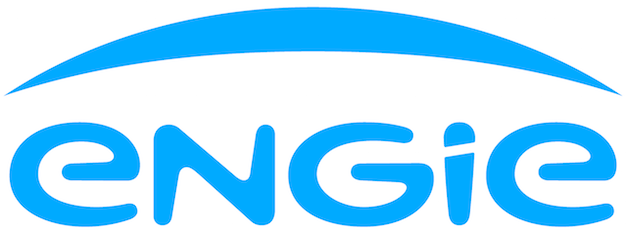Ut pellentesque libero ac magna ornare, eget dictum orci ultricies. In quis tortor semper, luctus dolor ut, adipiscing eros. Maecenas sed pharetra neque. Nullam id ipsum id quam ultrices luctus. Donec adipiscing augue non placerat consectetur. Aliquam erat volutpat.
In this article we use the recent Covid-19 crisis to investigate what motivates individuals in their decisions to deal with two externalities, namely disease transmission, in particular social distancing, and the willingness to undertake green expenditure.
In "Why environmental management may yield no-regret pollution abatement options", Ecological Economics, 2009, Bréchet and Jouvet claim to have theoretically shown that profits maximizing firms can reduce pollution compared to laissez-faire and increase their profits. We correct multiple errors in their paper, with the conclusion that their claim no longer stands.

About ENGIE Our group is a global reference in low-carbon energy and services. Our purpose (“raison d’être”) is to act to accelerate the transition...
The aim of this article is to identify the conditions under which teleworking leads to a net reduction in economy-wide energy consumption, and the circumstances where benefits may be outweighed by unintended impacts.
This report uses the cost-benefit analysis framework to assess the economic efficiency of the Zero Emission Valley, both from the private and public perspectives, compared to a diesel mobility status quo scenario.
Download the report of the workshop organised by the Chair Energy and Prosperity
Séminaire en présence d'Adam George (SOAS, University of London). Adam George présente un modèle macroéconomique SFC environnemental britannique intégrant émissions de CO2 et investissements verts de tous les agents économiques. Le modèle trimestriel analyse l'impact des politiques énergétiques selon le rapport capital vert/capital conventionnel. Quatre scénarios fiscaux verts sont testés (2022-2035) : taxe carbone, investissement...
Le laboratoire GAEL (Grenoble Applied Economics Laboratory) et la Chaire Energie et Prospérité organisent un workshop sur l’économie de la bioénergie les jeudi 9 et vendredi 10 octobre 2025 sur le campus universitaire de Grenoble.


